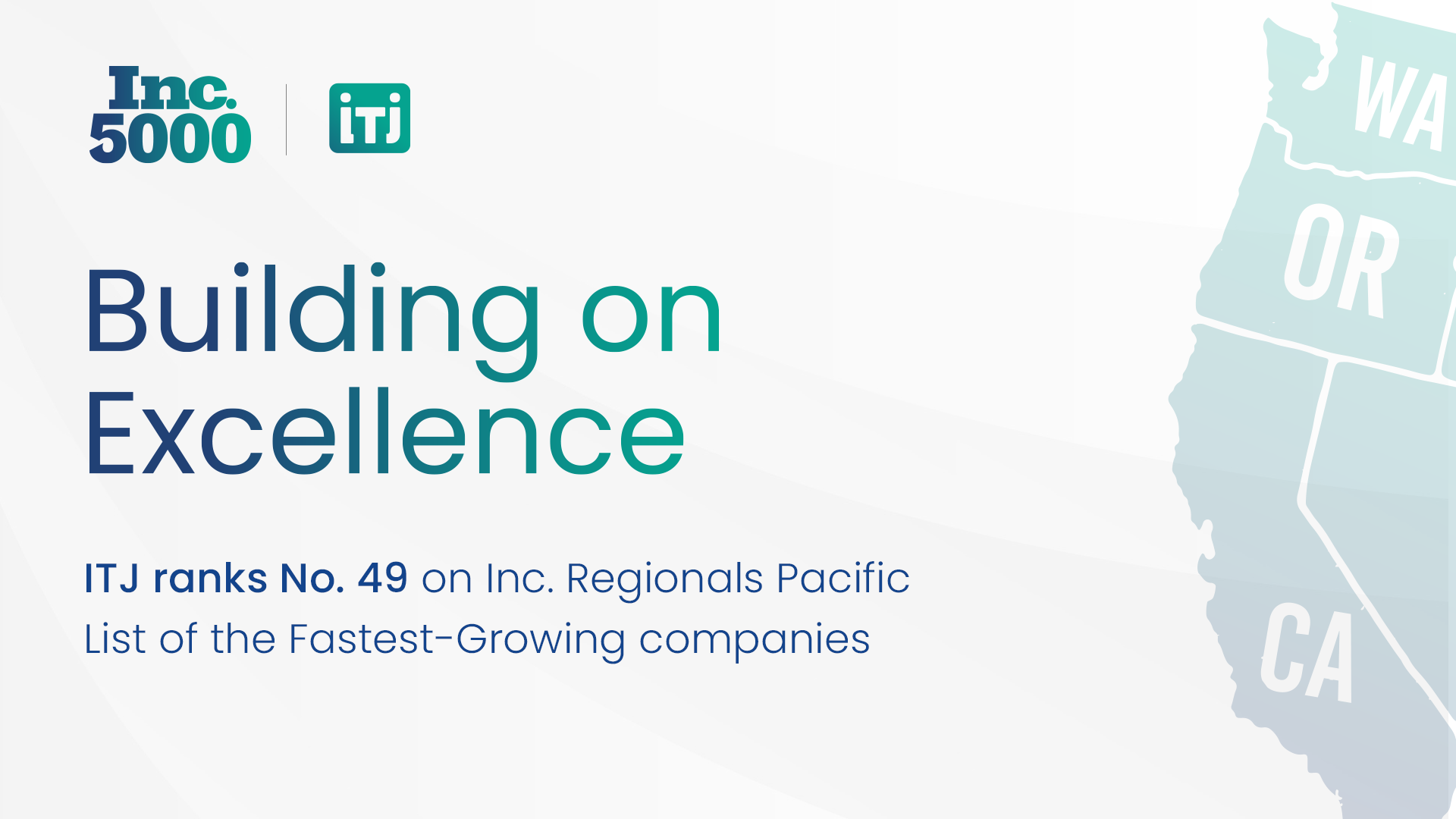Are you seeking to boost your career as a software engineer? Do you want to know the skills tech recruiters are looking for? We’ve got you covered.
There is some exciting news. Demand for software developers is growing fast, and programming skills are required for business in all industries. In fact, the Bureau of Labor Statistics predicts that employment in software development is going to increase by 25% between 2021 and 2031. When compared to all other IT occupations, this one is most likely to experience the fastest growth rate.
So, you are right now anticipating consistent job opportunities to advance your tech career. New doors are opening as you gain experience and develop your technical talents. You are able to choose and keep writing code or use your knowledge of the software development lifecycle to manage teams. It’s completely up to you the path you take, but here are some tips to really go that extra mile at a job:
5 keys to go the extra mile in your software development career
1. Continuous learning
To become a great software engineer, first, become a consistent learner. This industry specifically is the one where you have to invest in your education the most; and we are not talking about money here. The more knowledge and firsthand experience you have, the more valuable you’re going to be. Therefore, your career path is flexible and easily scalable.
- Enroll in new classes: Be curious and keep signing up in classes that catch your attention, even if you consider yourself an expert. Relearning the fundamentals or learning something new forces you to step outside of your comfort zone and question some preconceived notions you have had about software development.
- Learn new programming languages: While it’s possible to be successful as a specialist in just one programming language, the majority of very successful software developers are fluent in several. Not only does it make you a more versatile developer, it also helps you think and solve problems in more creative ways. There are several well-liked programming languages available, so there is always something fresh and intriguing to learn.
- Stay updated: The standards for many programming languages are frequently changing. To stay current on the most recent best practices, make sure you continue to subscribe to the most recent industry news and communicate with your colleagues. In this industry, knowledge quickly becomes outdated.
2. Strengthen your soft skills
No software engineer is an island. Technical proficiency alone is no longer a strict requirement for success in the sector. Employers are increasingly looking for that blend of technical and soft abilities.
Take every chance you get to sharpen those talents. Invest in effective stress management, public speaking, teamwork, work ethics, a positive attitude, time management, self-confidence, and a host of other skills you need to have a hold on. Furthermore, strong social and interpersonal skills are essential as you are going to be interacting with people on a daily basis. To become a better software engineer, master these crucial soft skills:
- Critical thinking: You are able to evaluate a topic from all angles and come up with multiple solutions if you have strong critical thinking abilities.
- Problem solving: Whether it’s faulty code or a faulty communication channel, a software engineer’s existence is fraught with challenges. The more adept you grow at identifying such issues and coming up with practical solutions, the more in demand you’ll be.
- Communication: Software developers frequently communicate with others. Strong communication abilities are therefore crucial.
- Flexibility: Open-minded and adaptable engineers are eager to accept new notions and ideas. This way you realize that even if a new strategy doesn’t work, you still learn from the experience. Additionally, it improves your ability to collaborate with others, making you a better colleague, and open up more job prospects for you.
3. Collaboration and networking
It takes more than just developing your technical expertise or gaining additional experience to advance your career. You also need to be aware of the social dynamic:
- Find a mentor: Think about asking a mentor for assistance. A more seasoned, professional programmer is able to assist you, offer you career guidance, and perhaps even put you in touch with influential individuals in the business.
- Attend social meetings: Join groups and frequent meetups to become active in your community. Simply by going, you enhance your own brand, and you’ll probably pick up something new in the process.
- Join forces with others to work on side projects: Consider reaching out to nearby software engineers and working together on a few side projects. In addition to enhancing your own creativity, it’s a great opportunity to see how other people work.
4. Set goals
Maybe one of the most important keys for succeeding. Setting goals for yourself and developing a future work vision are vital first steps. How does one “improve their career”? What particularly are you looking for?
You need to visualize the route and map it out. Establish short-term objectives, dates, and a clear path of reachable benchmarks. Moreover, making a chart outlining your current situation and three future stages of your life is extremely useful.
It’s easier to keep the process grounded if you remain realistic within the limits of your capabilities. Setting realistic, doable goals that are supported by a timetable that holds you accountable gives you something to fight for. Furthermore, you still have a ton of room in your strategy once you’ve established your bigger objectives. Break down those bigger concepts into smaller objectives that are achievable by carrying out particular tasks. Consequently, the addition of these new checkpoints to your plan encourages action and builds momentum.
5. Develop your brand
It’s hard to make any career progress unless you’re actively marketing yourself, the same way you market a product or a business.
The most effective methods to get you there include:
- Invest in your professional portfolio: Put your mind to it. The majority of hiring managers for software developers are interested in your actual skills; a degree or certification alone does not mean that you are qualified for the position. Therefore, display the software you’ve developed in the past, and keep your portfolio updated with your most recent projects.
- Develop your differentiators: There are countless numbers of software developers worldwide. So what makes you the better candidate for a job at a company? Find your distinctive qualities. Do you wish to focus on developing AI, for instance? Do you possess a unique ability to solve challenges that others lack? Do you have expertise that few others can match?
- Create your own personal brand: Create and sell your personal brand, which is the brief, packaged image of you that you wish to use to stand out in the job market. On social media and a personal website, you need to showcase your abilities, knowledge, expertise, and even personality. This way, you get more visibility and status the more you network and participate in software development groups.
The career path of a software engineer can take many different turns and typically takes time to complete. You have plenty of time to develop your abilities, widen your contact base, and finally land the job you want. It’s simply a matter of time if you work hard.
To achieve the success you want, you must put effort into it, make plans for it, and try to become a better version of yourself in every way. Your perseverance will pay off, and you’ll find that both your profession and your personal development are advancing.
Are you currently seeking to amp your tech career? We’ve got the opportunity for you! Check out our open positions.
About ITJ
ITJ is devoted to serving fast-growing and high-value market sectors, particularly the Internet of Medical Things (IoMT), working with innovative medical device companies looking to improve people’s lives. With a unique BOT (build, operate, and transfer) model that sources only the best digital talent available, ITJ enables companies in the US to create technology centers of excellence in Mexico. For more information, visit www.itj.com.


